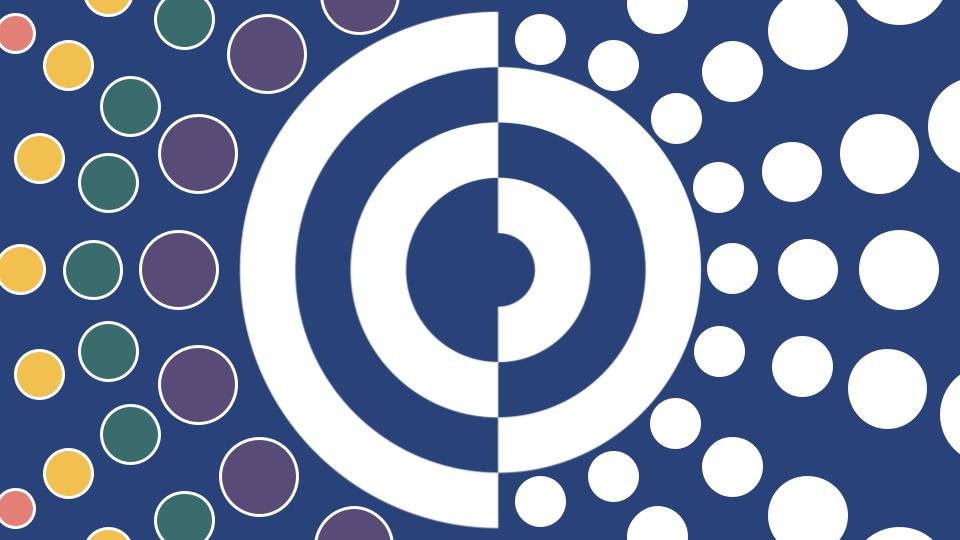Defining Transfer as it Relates to Science: A Brief Review of the Literature and Implications for Assessment
A primary goal of science education is transfer. The ability to use prior learning to creatively solve new problems is especially important in the face of so-called “wicked problems” —complex issues such as climate change that will require interdisciplinary teams of innovative thinkers to resolve. Science education today must equip students to use their learning to tackle broad, intractable problems such as those laid out in the Millennium Project. However, achieving transfer is difficult for a number of reasons. Even once students are successfully instructed in ways that promote transfer, assessing that knowledge can prove difficult.
Criteria for an Equitable Grading System
The criteria in this document distinguish between criteria for grades as a product and criteria for grading as a process. Grades are the result of the grading process and in order to have an equitable system, both the process of grading and the grades that are the result of that process must change.
Developing State Assessment Systems That Support Teaching and Learning: What Can the Federal Government Do?
This brief describes three ways that federal executive action can help states realize their visions for more meaningful assessments. To view the full report visit https://learningpolicyinstitute.org/ product/developing-assessment-systems-federal-support.
Crosscutting Concepts: A Potential Pathway to Meaningful Science Learning for All
This practice brief elevates the CCCs as a meaningful pathway to engage each and every student in science.
Problematizing Phenomena
Presenting phenomena in a way that highlights a productive uncertainty for students to figure out.





